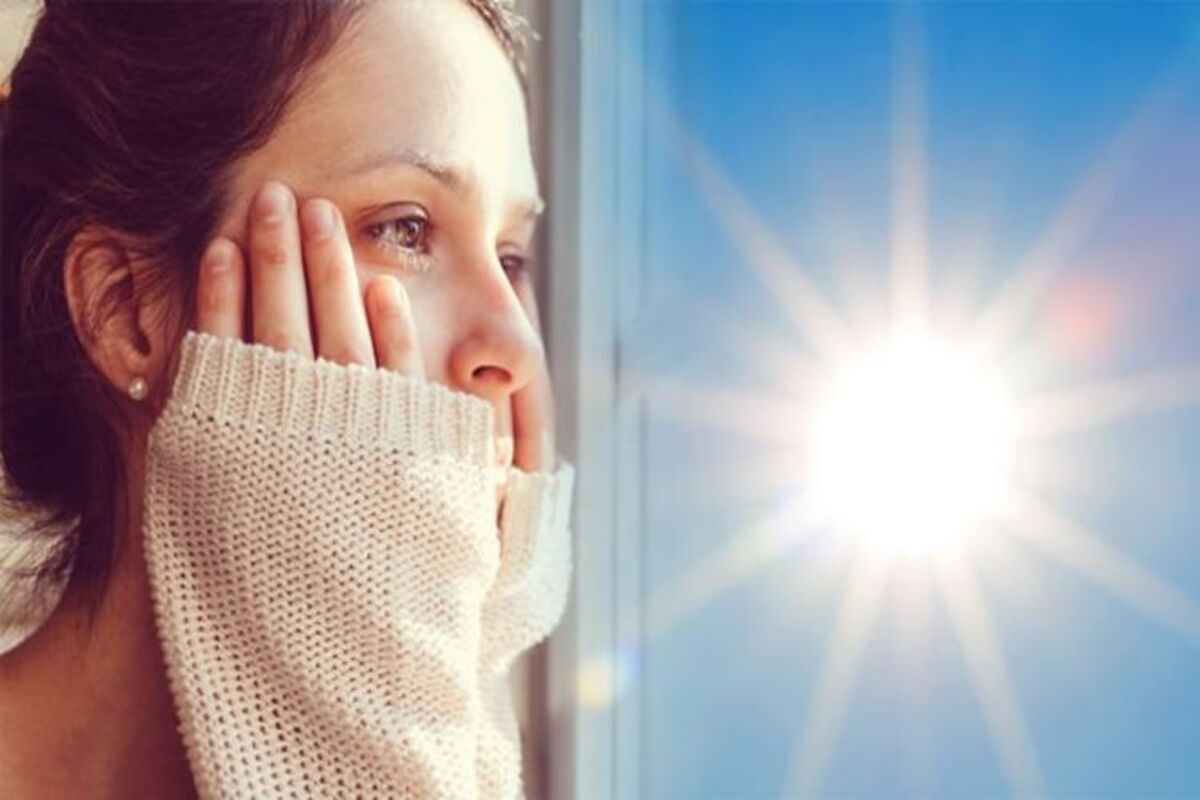Study reveals novel therapeutic target for traumatic brain injury
Health outcomes vary greatly among the approximately 1.5 million Americans who survive a traumatic brain injury each year.
A new study published in the Endocrine Society’s Journal of Clinical Endocrinology and Metabolism notes that people not deficient in vitamin D are likely to experience less severe COVID-19 infection.

Represents image (photo-stock)
Often called the sunshine vitamin, vitamin D has an important role in keeping us healthy. Its deficiency can lead to multiple health issues including low immunity.
For the longest time, vitamin D was considered to be the cure for ‘rickets’, which is a childhood bone disease. Over the years, the importance of vitamin D as a nutrient has been unfolded and now we know it plays a vital role in keeping our bones healthy, reducing anxiety, and boosting overall immunity.
The deficiency of Vitamin D can make your bones weaker and lead to deformities. It can also lead to hair loss, muscle weakness, and lethargy.
Advertisement
A new study published in the Endocrine Society’s Journal of Clinical Endocrinology and Metabolism notes that people not deficient in vitamin D are likely to experience less severe COVID-19 infection.
Vitamin D absorbs the calcium in the body. Here are some early signs of vitamin D deficiency.
Signs and symptoms of vitamin D deficiency on skin
1. Skin rashes
You may experience red, dry, and itchy skin due to vitamin D deficiency. Intake of vitamin D can help you treat such skin problems. It can also reduce skin rashes. Vitamin D is also beneficial for treating eczema which is also a skin condition. It is generally noticed that people with eczema have low vitamin D levels.
2. Acne
Consumption of less vitamin D can contribute to frequent breakouts. The antioxidant properties of vitamin D also help in preventing acne. The change in hormones due to lower levels of vitamin D can also lead to the development of acne.
3. Skin ageing
Low levels of vitamin D can make your skin age faster. You may notice early signs of ageing. Different changes in the functioning of the body due to vitamin D deficiency contribute to premature ageing. Ageing also affects the ability of your body to produce vitamin D.
Some other symptoms of vitamin D deficiency you may experience include-
Sources of vitamin D
As mentioned earlier sunlight is the best source of vitamin D. Some of the best food sources of vitamin D are- orange juice, oatmeal, cereal, soy milk, cow milk, salmon, mushrooms and egg yolks.
Advertisement